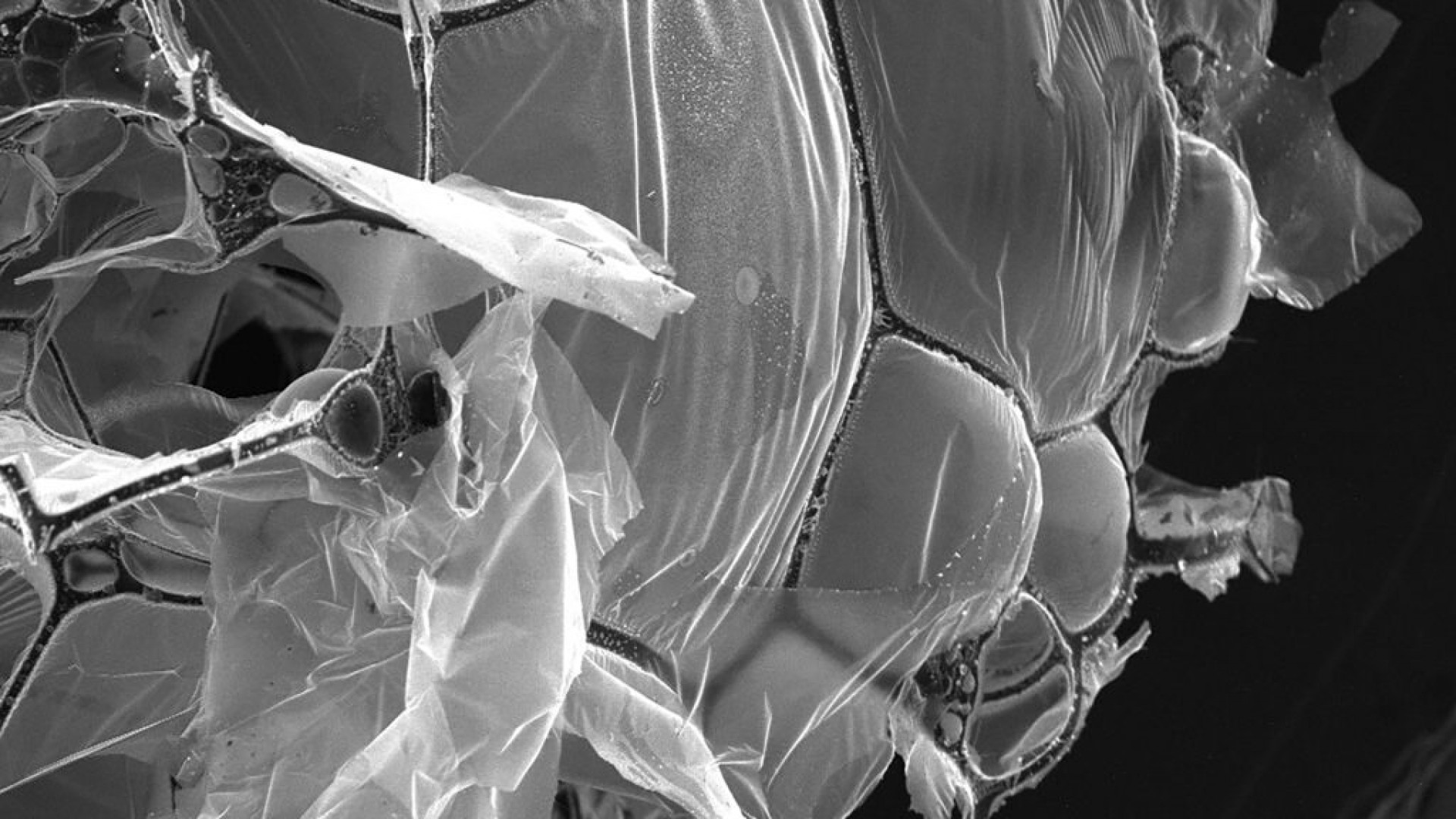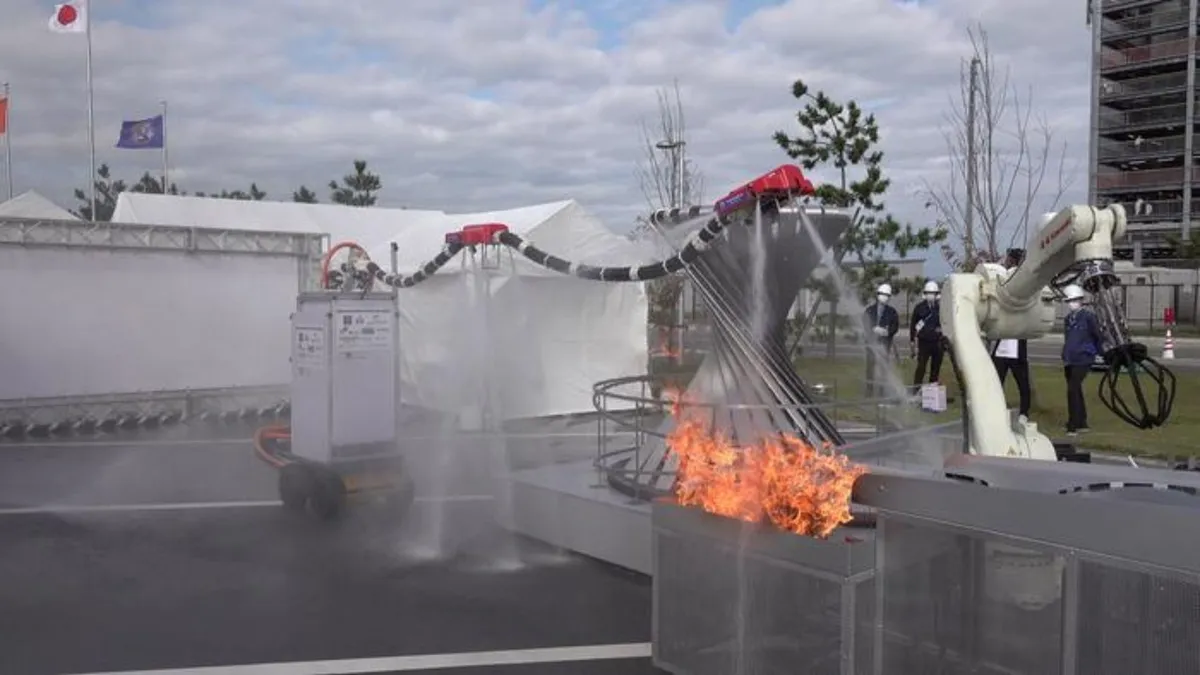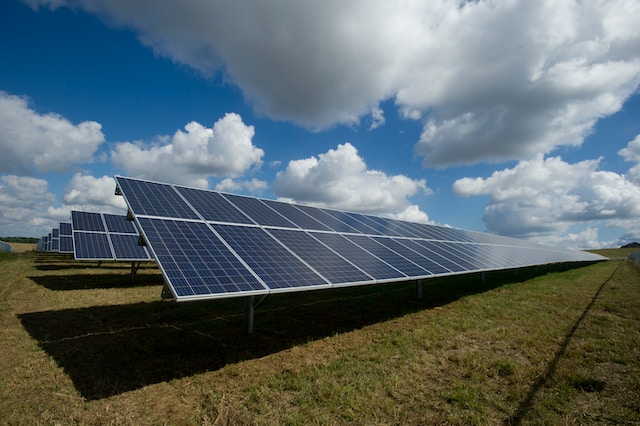Microplastics are omnipresent. Microplastics have moved into virtually every crevice on Earth.
Plastic pollution has increased so much that we now have more plastic in the oceans than fish. According to an estimate, annual plastic pollution was estimated at 4 million to 14 million tons in the early 21st century.
Now, researchers at Princeton Engineering have discovered an efficient way to remove microplastics and desalinate seawater. The scientists created an aerogel, a lightweight and porous material using egg whites.
Potential applications include water filtration, energy storage sound insulation, and thermal insulation.
Princeton University’s Prof. Craig Arnold came up with the idea while sitting in a faculty meeting. He thought that the bread’s internal structure is exactly the kind of structure that he requires for water-filter aerogel. So he asked his team to develop different bread recipes mixed with carbon for recreating the required aerogel structure.
The team tried a lot of the substances, but they kept eliminating ingredients. At last, they were left with nothing but egg whites and a small amount of carbon.
“We started with a more complex system,” Arnold said, “and we just kept reducing, reducing, reducing, until we got down to the core of what it was. It was the proteins in the egg whites that were leading to the structures that we needed.”
Researchers made the aerogel by freeze-drying the egg protein/carbon mixture, then heating it to 900 ºC (1,652 ºF) in an environment without oxygen.
Aerogel from egg whites is found to remove salt and microplastic particles from seawater with 98% and 99% efficiency, respectively.







